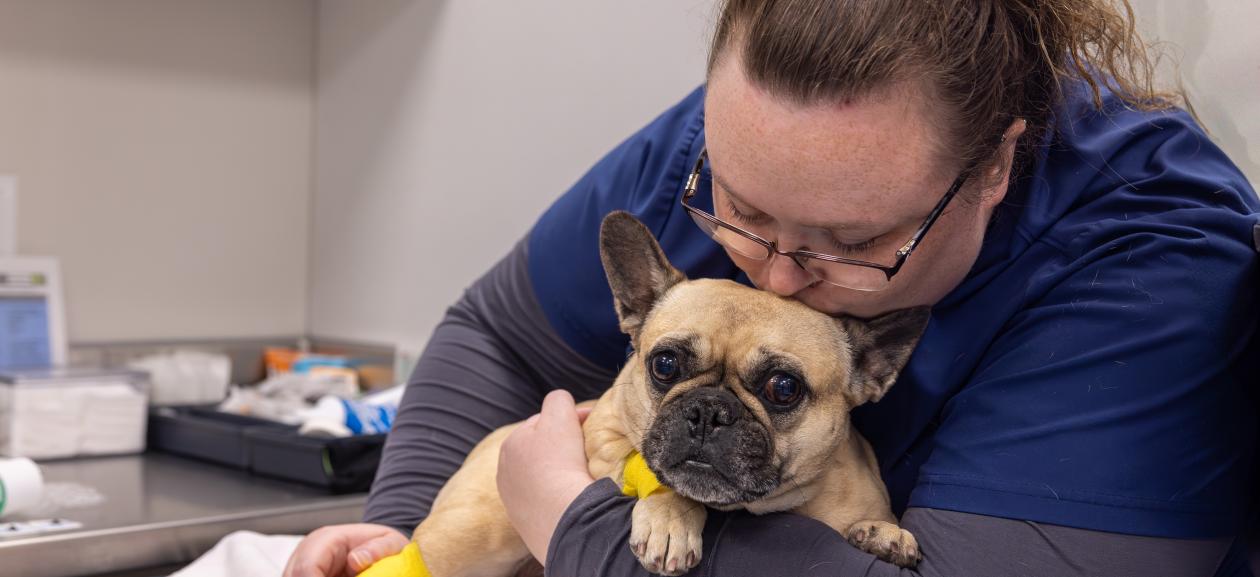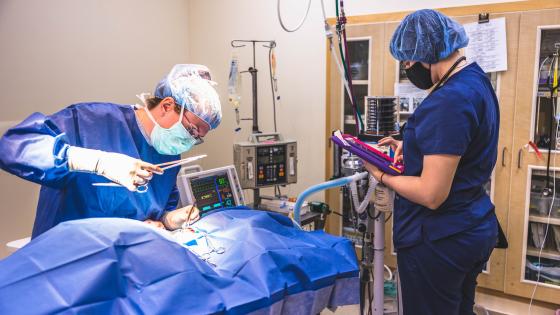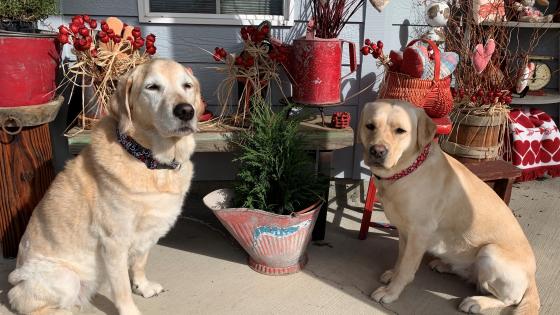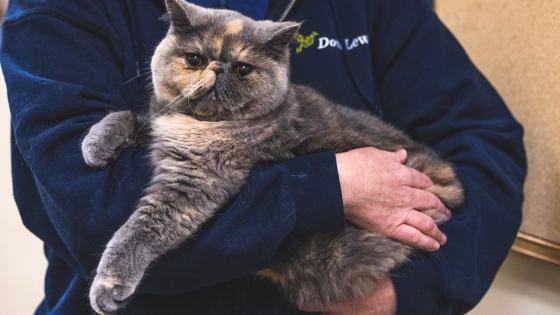
How Veterinary Oncology Differs from Human Cancer Care
Facing your pet’s cancer diagnosis can be stressful and full of questions. While pets and humans both face cancer, veterinary oncology differs in treatment approach, care planning, and family support.
Pets Rely on You
Pets can’t speak for themselves or make medical decisions. Veterinary oncologists work closely with families to explain treatment options, discuss potential side effects, and help guide choices that balance effectiveness with comfort and quality of life.
Quality of Life Comes First
In human oncology, treatment often emphasizes aggressive measures to extend survival. Veterinary oncology always weighs the benefits of treatment against your pet’s comfort, energy, and enjoyment of daily life. The goal is for pets to feel well, stay active, and continue enjoying their favorite activities—even during therapy.
Tailored Treatments for Pets
Veterinary oncology uses many of the same tools as human medicine—surgery, chemotherapy, and radiation therapy—but these are adjusted for pets’ size, metabolism, and tolerance. Unlike people, most pets experience milder and often temporary side effects, allowing them to continue their normal routines comfortably while receiving treatment.
Coordinated, Whole-Pet Care
Cancer care rarely happens in isolation. Oncology teams often collaborate with specialists in surgery, internal medicine, neurology, and rehabilitation to provide comprehensive care. This ensures treatment fits within a broader plan for your pet’s overall health and well-being.
Supporting Families Every Step
Veterinary oncology emphasizes compassion, comfort, and partnership with families. At DoveLewis, our oncology team works closely with pet owners to develop personalized treatment plans that support your pet’s well-being and daily happiness. With expert guidance, pets can live well and continue enjoying meaningful moments—even in the face of serious illness.



